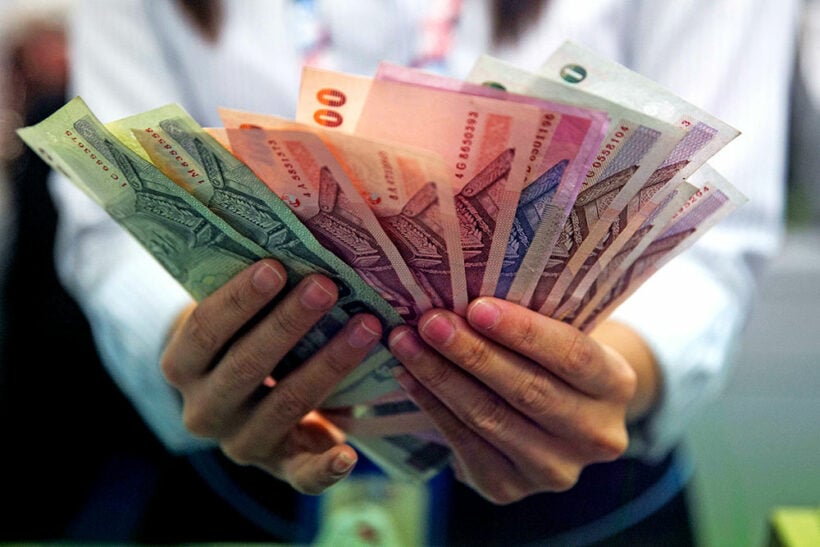Soaring baht continues to court investors and speculators

The Thai baht continues to be the best performing currency in Asia. On a year-on-year basis it has soared more than 8% against the USD and this year reached a six-year high. But the strong currency threatens the country’s exports and tourism, two major drivers of Thailand’s economy.
Thailand continues to have solid economic fundamentals, a high current account surplus and substantial foreign reserves together with a hawkish central bank. All these factors continue to lure capital inflows.
International investors and currency players consider the baht a safe haven among other emerging market currencies due to its stability. So, the baht is likely to retain or increase in value, attracting speculative capital inflows and placing upward pressure on the currency.
In early 2019, the BOT didn’t seem concerned about the Thai baht’s appreciation, as a strong currency can actually benefit Thai importers and those who have foreign currency debts. It can also help improve the country’s terms of trade.
But the baht’s persistent strength and its potential negative impacts on the export-driven Thai economy have since prompted concern.
Exports contracted for a fourth straight month in June and the BOT revised its GDP growth forecast for 2019 downward, from 3.8 to 3.3%.
In July 2019, the BOT lowered the cap on the outstanding balance of non-resident accounts by a third and cut its supply of three- and six-month bonds at auctions in July and August. In addition, the BOT has signaled plans to further relax restrictions on outward portfolio investment by Thai investors, which can also help stem currency appreciation.
Then last month the BOT cut the policy rate by 25 basis points from 1.75 to 1.5%, a shift in the BOT policy stance since a raise by 25 basis points in December 2018. But economist believe these measures will do little to quell investment in the baht.
A common belief is that further rate cuts would make the Thai baht less attractive for foreign investors, reducing pressure on the baht. Yet, if the funds flow into Thailand because of the safe haven currency perception, rather than for a high yield, it is unclear whether rate cuts will be effective.
More importantly, easing policy may worsen already elevated household debt, which is 78.6% of GDP (among the highest in Asia), jeopardising Thailand’s financial stability.
The strong baht may just be a product of global trends that are contracting exports, particularly sluggish global growth and trade tensions.
Read the rest of this article at East Asia Forum
Latest Thailand News
Follow The Thaiger on Google News:


























